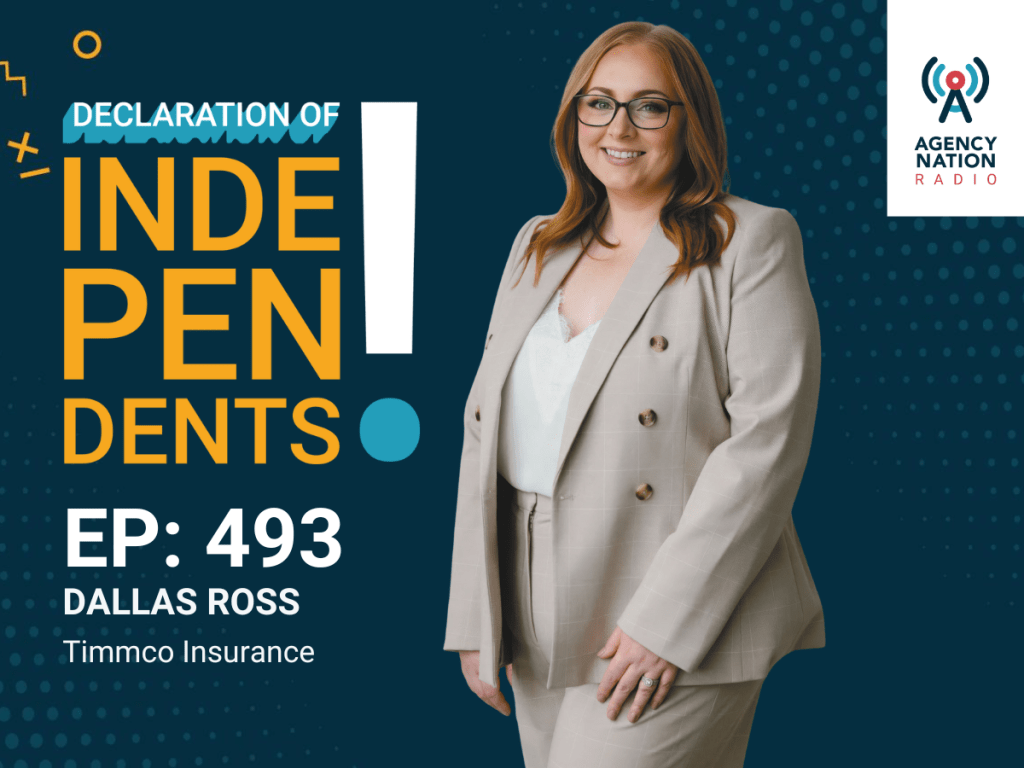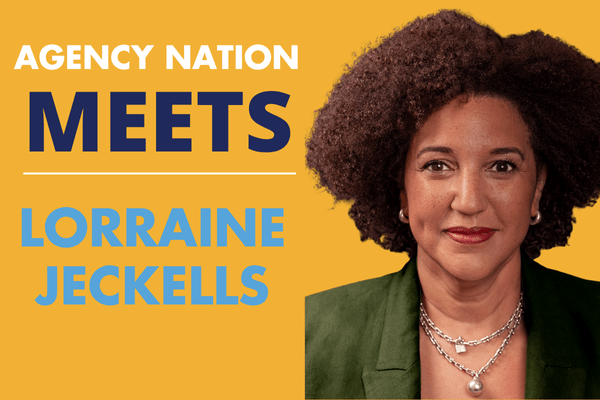How to Turn Agency Critics into Agency Advocates

By: Edward Shellard
A critical metric in customer experience (CX) programs is net promoter score (NPS), which measures customer loyalty based on their likelihood of recommending a company to a family member or friend. With its ability to pinpoint opportunities for improvement, NPS has been a leading tool in the business world for bettering customer interactions.
Business owners know that loyal customers often spread the word about the great experiences they’ve had with a business and refer others to those brands. Conversely, those with negative interactions may do the same, hurting a company’s reputation. Using and paying attention to NPS gives you the opportunity to fortify and strengthen customer relationships, as well as the business.
In the insurance industry, increasing regulations, higher costs and greater competition make winning and retaining accounts more important than ever. NPS can help companies take a more proactive approach to account management, as well as support decision-making when considering new carrier partners. Having a better understanding of it can be the key to turning some of your agency’s greatest critics into its staunchest supporters.
The Value of NPS
Today’s customers have high expectations. Four out of 5 customers believe the experience created by a business is just as important as its products and its services, according to Lumoa’s “State of Customer Experience 2023″ report.
Using a score ranging from -100 to 100, NPS gives companies a sense of customer brand perception and satisfaction; how they rank among competitors in their industry; and expected future growth.
A company’s NPS is calculated via a customer survey based on a 1-10 rating of one question: “How likely are you to recommend a company product or service to a friend or colleague?”
Respondents are grouped into promoters, passives and detractors, which each have a unique score. Promotors, who rate the question 9-10, are loyal enthusiasts most likely to recommend your brand. Passives, with a rating of 7-8, are customers who are satisfied but neutral to the brand. And detractors, with a score of 6 and below, are those who are unsatisfied and most likely to share their negative experiences.
The NPS is then determined by subtracting the percentage of detractors from the percentage of promoters.
While average scores vary greatly depending on the industry, Retently’s “2023 NPS Benchmarks for B2C” study gave the insurance industry the highest average score of 74. A high NPS suggests that a company has a strong relationship with its customers, who are more likely to act as brand ambassadors, share their positive experiences and contribute to customer retention and business growth.
In addition to the score, a valuable way to get deeper insights from an NPS survey is to include an open-ended question about customer experience that can be analyzed for positive and negative feedback trends. NPS is just one of many metrics that should be considered in a CX program. To get a more well-rounded picture of customer needs and preferences, as well as actionable areas of improvement, it should be used in tandem with other customer listening posts and sources of incoming feedback along the customer journey.
Why Detractors Matter
Detractors may only be a small percentage of your customer base, but they can have the most impact on your reputation, sales growth and revenue. One-third of consumers considered ending a relationship with a brand, while another 65% severed ties, due to a poor customer experience, according to Sitel Group.
While they are more apt to contribute to churn—the rate at which customers stop using a product or service over time—detractors are also more likely to be engaged. Detractors spend 36 seconds longer to complete surveys and leave a reason 64% of the time, according to CustomerGauge.
This shows that they care enough about a brand to share more about their experience, even when it’s not positive or is overly critical. As such, detractor feedback presents an opportunity to gain a better understanding of customer needs, make necessary improvements to address their concerns and restore a healthy relationship.
A good place to start when attempting to convert your agency’s biggest critics to your biggest advocates is by connecting with your insurance partner when an issue emerges. Carriers work hard to be a seamless extension of their client’s business, and a plan can be developed to address any challenges and meet mutual customer needs.
In general, it’s important to:
- Have ongoing discussions with your carrier partner to convey any changing client needs or preferences so that a proactive strategy can be developed to address them.
- Have a clear understanding of any less-than-positive client feedback received and be timely in sharing it with your carrier partner.
- Request high level summaries of utilization reports developed so that findings can be reinforced with the client.
Additionally, educating your clients on an insurance partner’s offerings can go a long way in curbing challenges before they start. While it’s not possible to know every detail about all the insurers you represent, the goal should be to have solid knowledge about each insurer’s main products, what employer resources exist and any unique offerings.
In the end, both insurers and agents are in the business of creating remarkable experiences for their customers. Having a better understanding of client needs and wants can determine what is working and where adjustments can be made. And when negative experiences do occur, there’s an opportunity to improve, grow and demonstrate value.
Edward Shellard, is the chairman, CEO and president of United Concordia Dental, a national dental solutions subsidiary of Highmark Inc.










